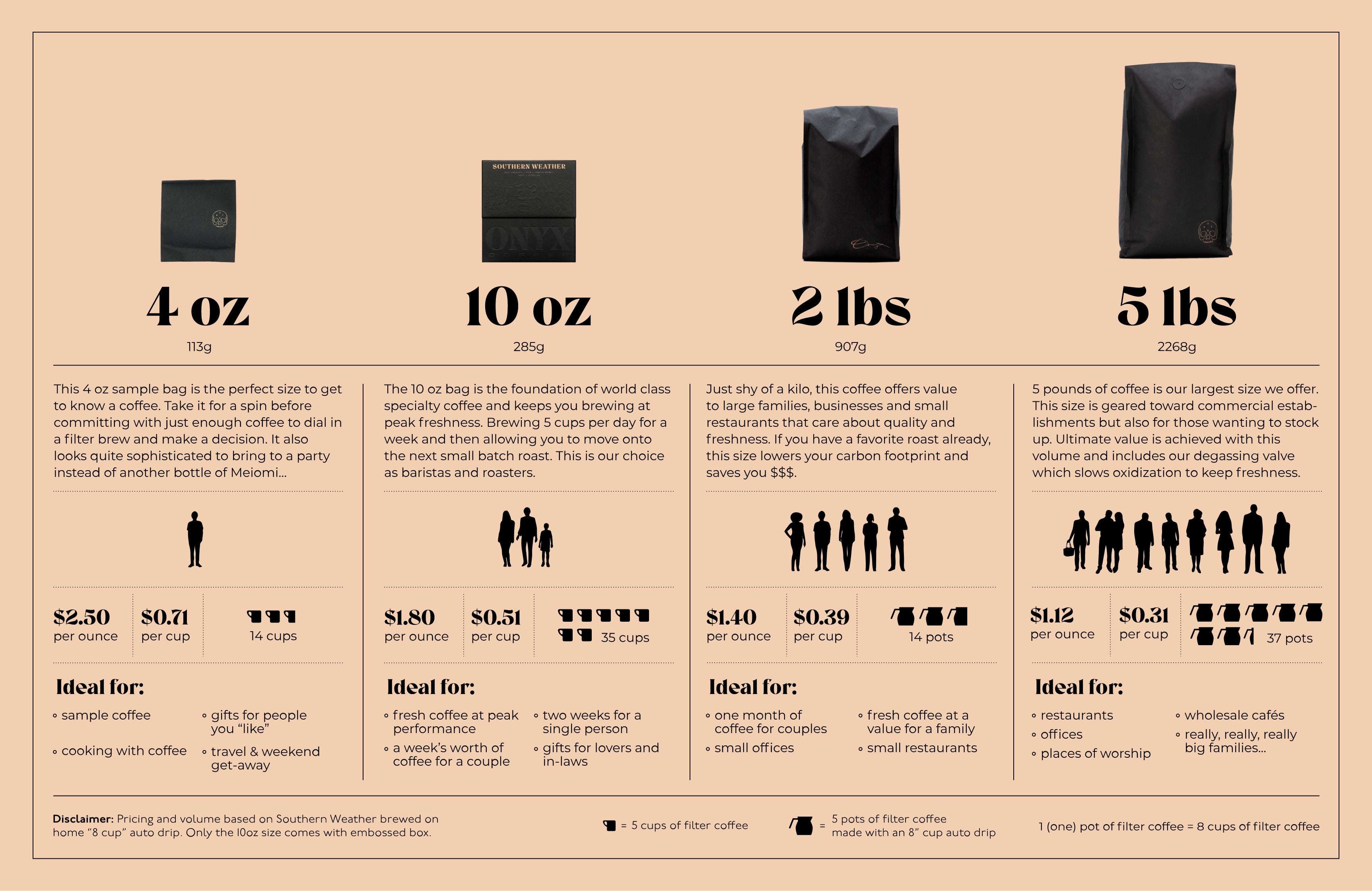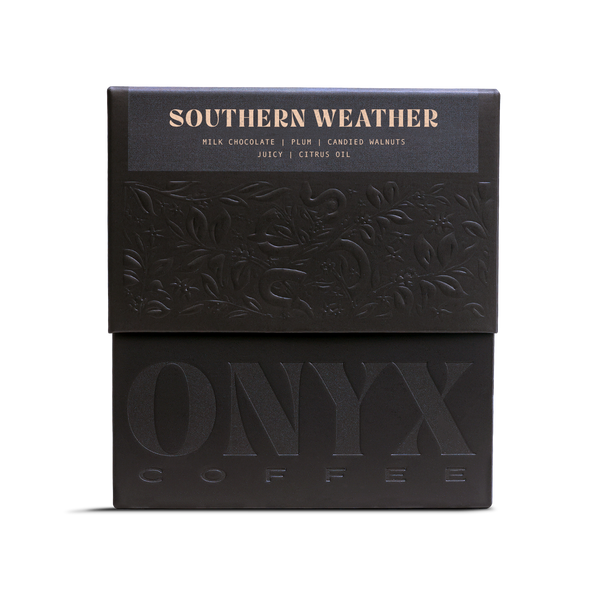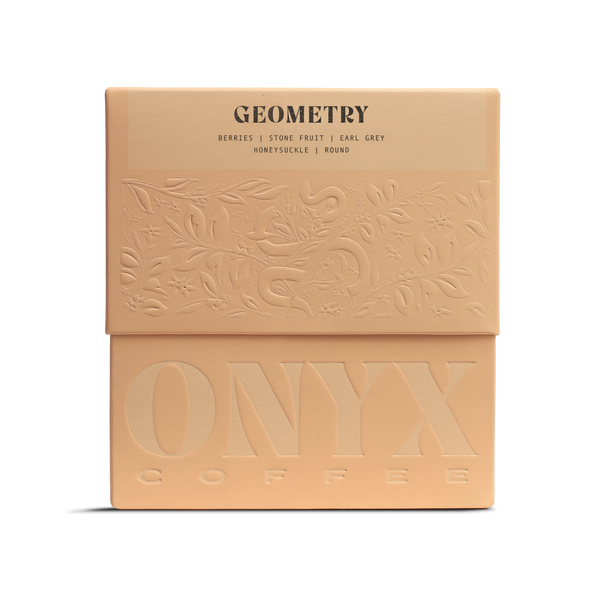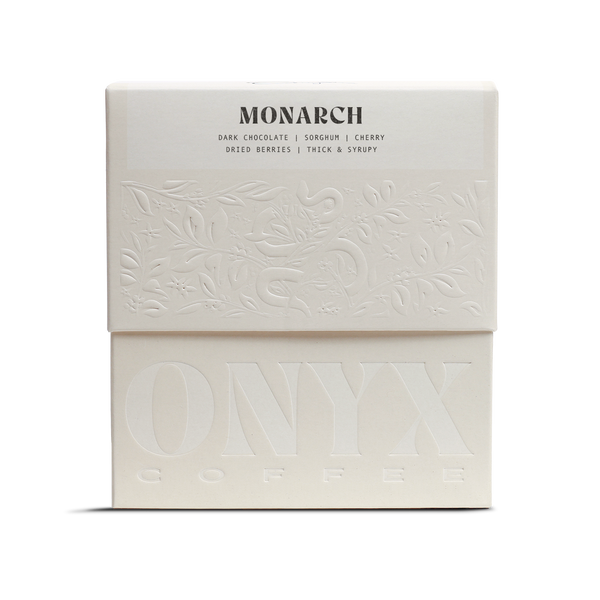Story
Gala Ester Suarez Melo is a coffee producer hailing from the Nuevo Amanecer farm nestled in the picturesque Magdalena region, high amidst the Sierra Nevada de Santa Marta range in Colombia. With 15 years of unwavering dedication, Gala meticulously tends to 5 hectares of exquisite Castillo coffee at an elevation of 1,703 meters. Her harvest season, spanning from October to January, boasts a yield from 25,000 coffee plants aged between 2 to 5 years.
At the heart of Gala's coffee endeavor lies her deeply involved family. Gala's husband, Luis Carlos, skillfully handles the depulping and washing of the coffee beans, while their son lends a hand in managing the harvest. Their daughters, showcasing culinary flair, craft delectable meals to complement the family's labor. Together, they form a tightly bonded team, united in their commitment to coffee cultivation.
Sustainability thrives at Nuevo Amanecer under Gala's stewardship. Through manual weed control, the farm preserves its natural surroundings and upholds respect for water sources. Employing 10 locals during harvest season, Gala's farm also contributes to the community by maintaining clean roads and fostering economic stability.
Surrounded by the flourishing beauty of their farm, Gala and her family find both fulfillment and sustenance. Coffee isn't merely their livelihood; it's their enduring legacy, a testament to their passion and dedication to the craft.
NATURALLY PROCESSED COFFEE
Natural coffees are beautiful… Okay, natural coffees are beautiful when done properly, but can be equally terrible when things go wrong. Natural processing, or dry processing, refers to the act of drying and fermenting coffee inside the cherry. Long before the age of portafilter tattoos and dual-boiler home espresso machines, coffee was picked and dried this way out of convenience. It is, to this day, still the most convenient and economically friendly way to process coffee cherries. (It’s estimated that dry-processing can use up to 90% less water than the washing process.) So why isn’t all coffee processed this way? Well, as coffee made its way across the world, it was commoditized and standardized, just like all other products spread by colonialism, but that’s a whole other story... Adding to the boom of washed processing, the natural process method can be tricky to get right, due to the delicate nature of fermentation and drying. What does all this have to do with the final cup? Well, when you leave the skin and fruit of the coffee cherry on the seed throughout fermentation and drying, that fruit begins to break down, imparting esters that influence delicate florals and big fruit notes into the seed that survive the roasting process. If it’s rushed or handled incorrectly, this fruit rot can lend off-flavors to the coffee, making the final cup “dirty” or “fermenty.”
How is this done? It starts at harvest, with the selective harvesting of ripe coffee cherries. Only the fully mature cherries are picked, as they have the highest sugar content and flavor potential. The harvested cherries are then sorted to remove any damaged or under ripe cherries. This ensures that only the best quality cherries are used in the primary fermentation. After sorting, the cherries are spread out in thin layers on large drying beds or patios to dry naturally under the sun. (or sometimes under shade) They are periodically raked and turned to ensure even drying. This step can take several weeks depending on weather conditions. As the cherries dry, they undergo a natural fermentation process. Enzymes present in the fruit interact with the sugars and other compounds, causing chemical reactions that impact the flavor profile of the coffee. This fermentation adds complexity and fruity flavors to the final cup. During the drying/ fermentation process, the cherries must be protected from rain, humidity, pests, and mold.
Farmers often cover the cherries with tarps during the night or when there's a risk of adverse weather. The coffee cherries are dried until they reach an optimal moisture content of around 11-12%. At this point, the cherries have shrunk, and the outer skin and fruit can be easily removed to reveal the green coffee seed inside, which is ready for roasting after a short boat ride. Basically, that single cherry begins to slowly decay, and controlling that delicate action through advanced technique and metrics allow us, lucky folks, to drink wonderfully floral and fruity coffees.











